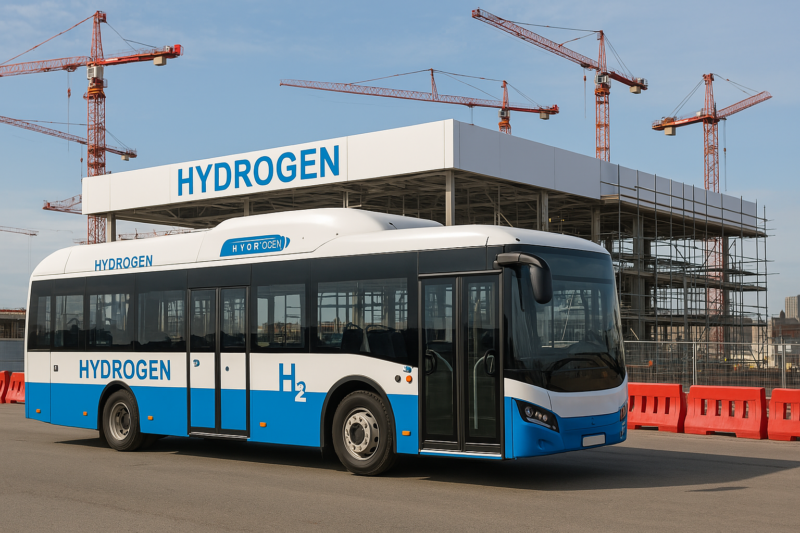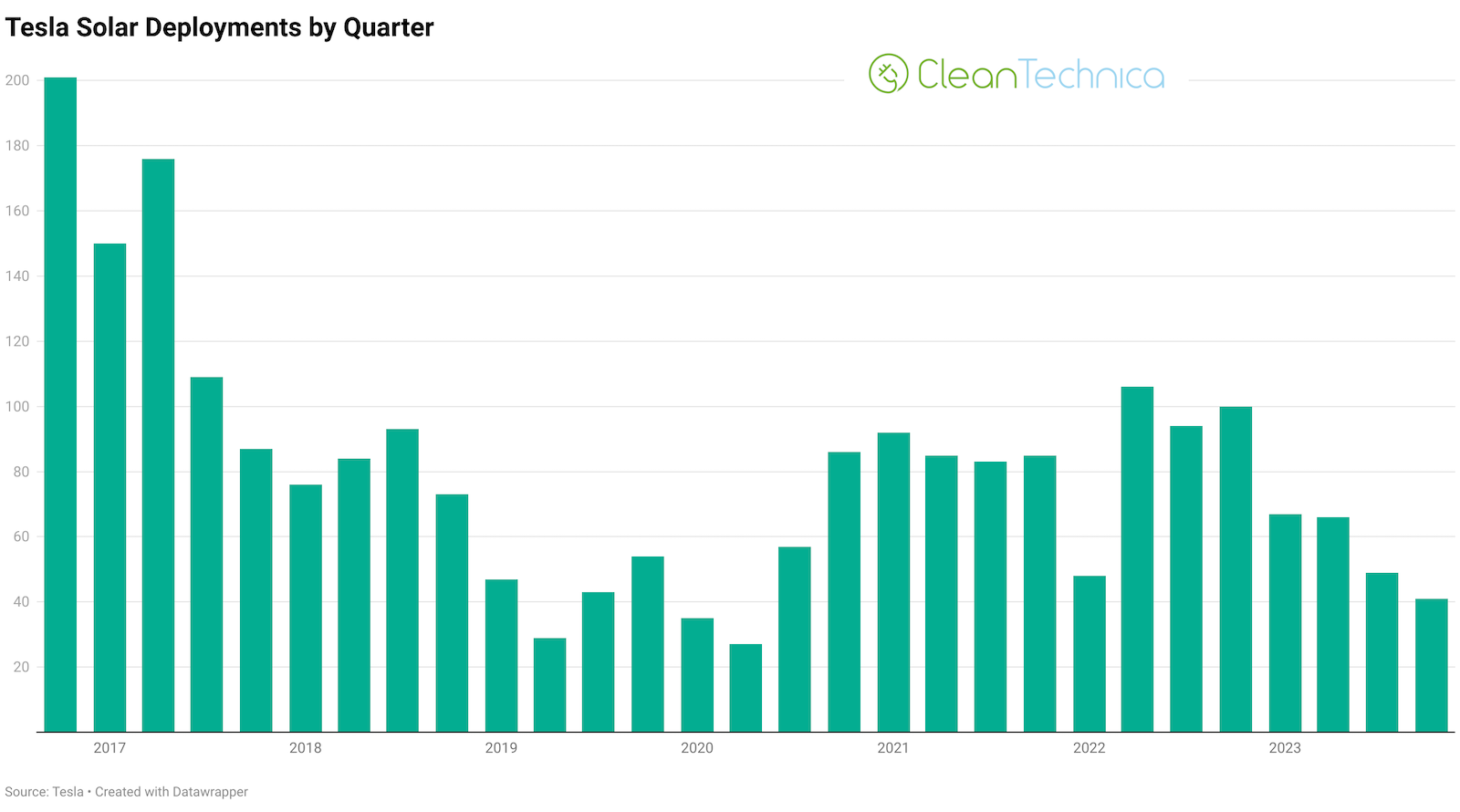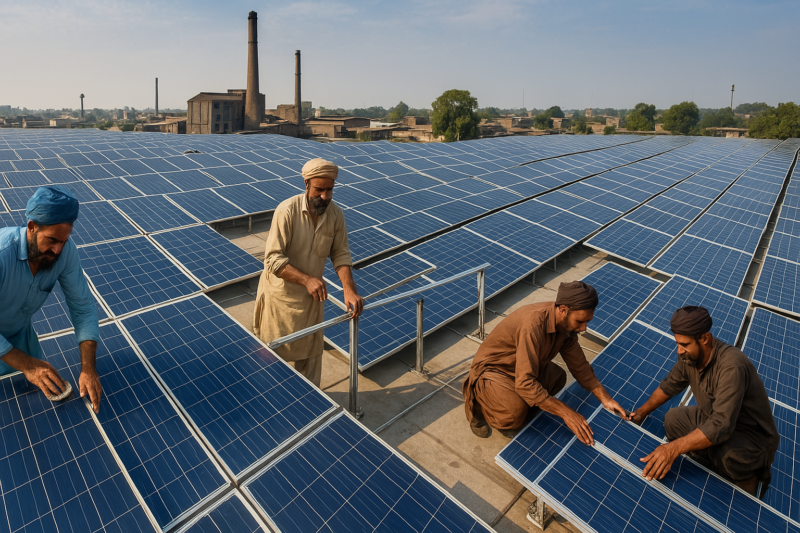Finnish Sand Battery Revolutionizes Heat Storage

Polar Night Energy, a Finnish company, has developed a groundbreaking energy storage solution: the sand battery. This system uses excess renewable energy to heat massive quantities of sand (or other heat-resistant materials), storing thermal energy for months before releasing it to provide heating for homes, factories, and more. A large-scale deployment in Pornainen, Finland, by Loviisan Lämpö has reduced district heating carbon emissions by 70% and demonstrated profitability through participation in electricity reserve markets. The technology holds significant promise for industrial process heat and district heating applications, offering a novel approach to clean energy transition.
Read more






